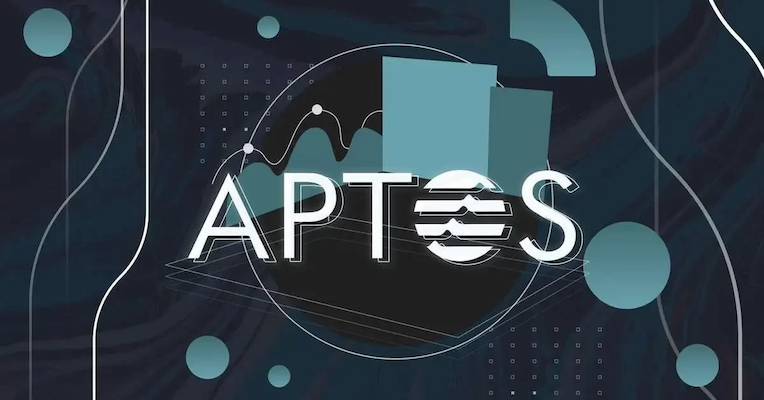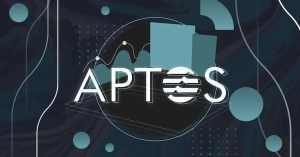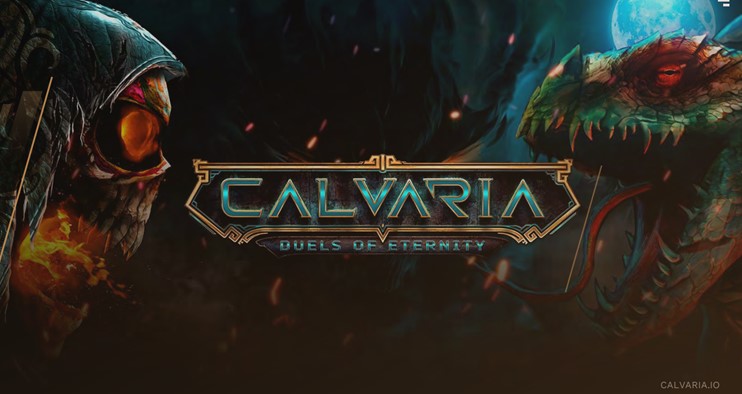Join Our Telegram channel to stay up to date on breaking news coverage
Following a wave of criticism from its community, the CEO of Aptos, the layer 1 blockchain that went live last month, has defended the project’s “fair” token allocation.
Aptos airdropped its APT token to early network testers in October, but there were immediate concerns about token distribution when core contributors, investors, and the Aptos Foundation received nearly half of the 1 billion tokens issued. This raised concerns that investors and the foundation might liquidate their tokens, causing a negative market reaction.
“When we designed the tokenomics, our goal was to create something that fairly represents the community,” Aptos CEO Mo Shaikh explained in an interview. “If you look at our tokenomics distribution, we have one of the lowest for investors on any blockchain. Even when compared to other projects, it is one of the most equitable we have seen.”
Only 9.9% of Ethereum’s supply was allocated to the founding team, with the remaining 9.9% going to the Ethereum Foundation.
Aptos Labs, the company behind Aptos, was co-founded by former Meta employees Mo Shaikh and Avery Ching, who worked on the tech giant’s failed stablecoin known as diem. The high-profile layer 1 blockchain raised $200 million in a March funding round led by Andreesen Horowitz, followed by another $150 million in a July round led by FTX Ventures and Jump Crypto.
Aptos token (APT) is currently trading at $7.6), with a market cap of just under $1 billion. “There are also lengthy lockup periods. If one digs a little deeper, they will discover that investors cannot dump on retail; they are completely prohibited from doing so” Shaikh stated. “We’ve imposed many restrictions on investors that no one has ever done before.”
Technical limitations
The Aptos blockchain’s launch last month was chaotic. The airdrop was reportedly exploited by attackers who reportedly created numerous Aptos wallets to take advantage of a lack of security barriers and receive a disproportionate share of an airdrop in what is known as a Sybil attack.
“Fairly rewarding those who have contributed to the ecosystem is a difficult challenge,” said Chief Technology Officer Avery Ching. “You’re attempting to identify distinct individuals, which is a difficult problem in general. We took great care to ensure that each recipient was unique, and on-chain specifically, we made sure that each airdrop went to a specific address to prevent double collecting.”
The blockchain’s capacity and scalability were also heavily scrutinized. Despite boasting 100,000 transactions per second during the testing phase, Aptos reportedly handled fewer than seven transactions per second.
“In our testnets, many members of our community verified the traffic that was flowing through our network – which was in the thousands of bytes per second,” Ching explained. “That was inferior hardware compared to what we have now on mainnet. We’re determined to test the limits of our mainnet.”
“We are working to make more metrics available to the public. We saw a spike of over 2,500 TPS.”
Programmed in Move
The Aptos blockchain’s code is written in Move, a Rust-based programming language that will also be used by the upcoming Sui blockchain. Move was originally created at Meta to power the Diem blockchain.
“Move is inspired by Rust in many ways,” Ching said. “The difference here is that Move is designed for the development of smart contract language. We discovered that this would be easier for developers to build than languages such as Solidity.”
However, there are concerns about blockchain security when using a relatively new programming language, especially given the recent surge in crypto-related hacks and exploits that have resulted in billions of dollars being stolen each year.
“Before launching, we exercised extreme caution. We divided it into different areas of potential vulnerability, working with auditors and other projects in the space to identify the most risky areas. Moving is safe from a verified standpoint, but we’ve taken an even more paranoid approach to ensure everything is secure” Ching stated.
Mark Cuban invests in Aptos
According to a press release, Blocto, a Mark Cuban-backed multi-chain crypto wallet and ecosystem, has established a $3 million Aptos Ecosystem Fund to assist projects in onboarding new users.
Blocto, which was founded in Taipei in 2019 by parent company portto, offers a wallet application and ecosystem that aims to make it easier for new users to enter the Web3 space through features like email logins and universal gas or transaction fees. According to Crunchbase, Blocto has raised $8.8 million in funding and supports the Ethereum, Solana, Flow, BNB Chain, Polygon, and Tron blockchains.
“We’ve been looking for promising blockchain ecosystems with long-term potential, and Aptos has piqued our interest,” Blocto co-founder and CEO Hsuan Lee stated in a press release. “It aims to make blockchain accessible to average users – a major focus for us at Blocto – and has gained a lot of momentum in the developer community, despite the current market situation.”
Along with the funding, Blocto will provide operational support to the selected projects, including access to Blocto’s investor base, financial marketing team, and developers.
Calvaria and $RIA
Another very promising project at the moment is Calvaria, a new battle card game in the P2E gaming space. This project’s native token $RIA is currently in the first phase of its presale.
Hundreds of cryptocurrency gaming ventures exist, but the vast majority have failed to compete with the established gaming industry. Traditional players who lack a high level of technological understanding are put off by the complexity of their blockchain and crypto integrations. Calvaria stands out from the rest of the gaming industry due to its user-friendliness and engaging gameplay.
This game will appeal to both traditionalists and cryptocurrency supporters. Anyone can test out the gameplay and decide if they like it by downloading the game’s free-to-play version from Google Play or the Apple App Store. The play-to-earn option, on the other hand, allows you to actually make money with your gaming abilities.
To begin playing right away, you do not need to download any wallets or spend any money. Calvaria provides you with options and educates you on the benefits of P2E rather than forcing you to pay real money for crypto tokens and NFT in-game assets. That is extremely important. If you do decide to purchase in-game Calvaria assets, you can rest assured that the blockchain design will make you the sole legal owner of those items.
According to the Calvaria whitepaper, the game’s primary theme will be the afterlife, a subject that is rarely discussed in video games or the media. There is more room for ingenuity and creativity. The main game, Duels of Eternity, is currently in development and has not yet been released to the general public. However, two demos are currently available to pique your interest.
Presale Details
Calvaria will sell 30% of its maximum 1 billion supply of RIA tokens during the presale phase, with the price increasing 450% from the first to the tenth and final stage.
While investors may have missed out on the big gains, tokens purchased in stage 4 will see a massive 120% increase before the token is even listed on exchanges.
Each stage is limited to 30 million tokens, and the presale has a hard cap of $9.75 million, with presale tokens having no vesting period after the presale concludes. Following the presale, the project has already agreed to collaborate with major tier-one centralized exchanges KuCoin and Gate.io.
The staking pool (25%) and the prize pool (20%) take up a large portion of the remaining token allocation.
A further 8% will be set aside for operations and 6% for the Initial NFT Offering (INO), with the remainder divided among the team (5%) – which has been fully doxxed and KYC-verified – liquidity (4%), and advisors (2%).
During the presale, the project is also giving away $100,000 in RIA to three winners: $70,000 for the winner, $20,000 for second place, and $10,000 for third place. To participate, investors must have at least $100 in RIA on the day of the draw and can earn up to 155 entries by doing things like following the project on Twitter and joining the Discord server.
Related
- Aptos Price Prediction for November – Is APT a Good Investment?
- Aptos is off to a rocky start, but its prospects may not be all that bad; D2T goes on presale
- How to Buy Calvaria (RIA) – Beginner’s Guide
Join Our Telegram channel to stay up to date on breaking news coverage



